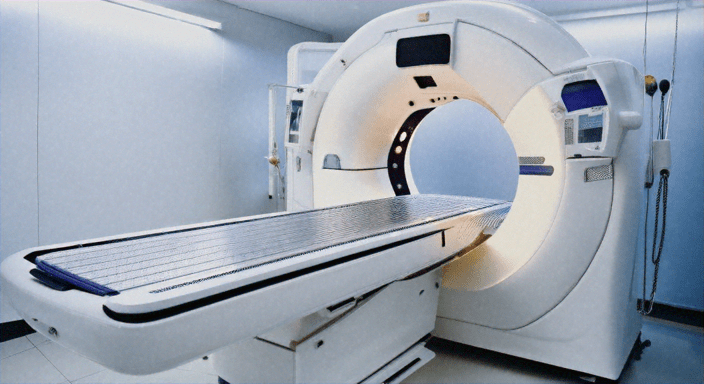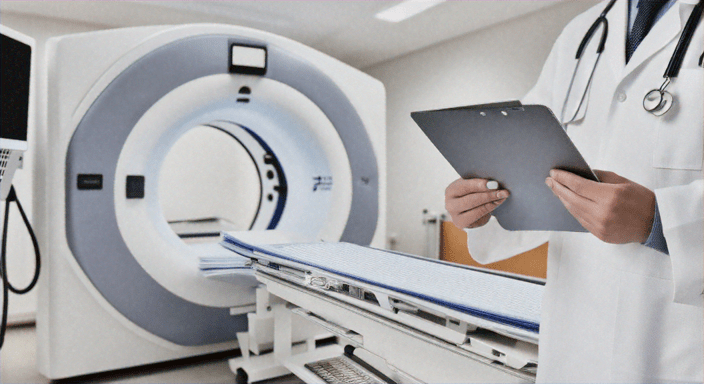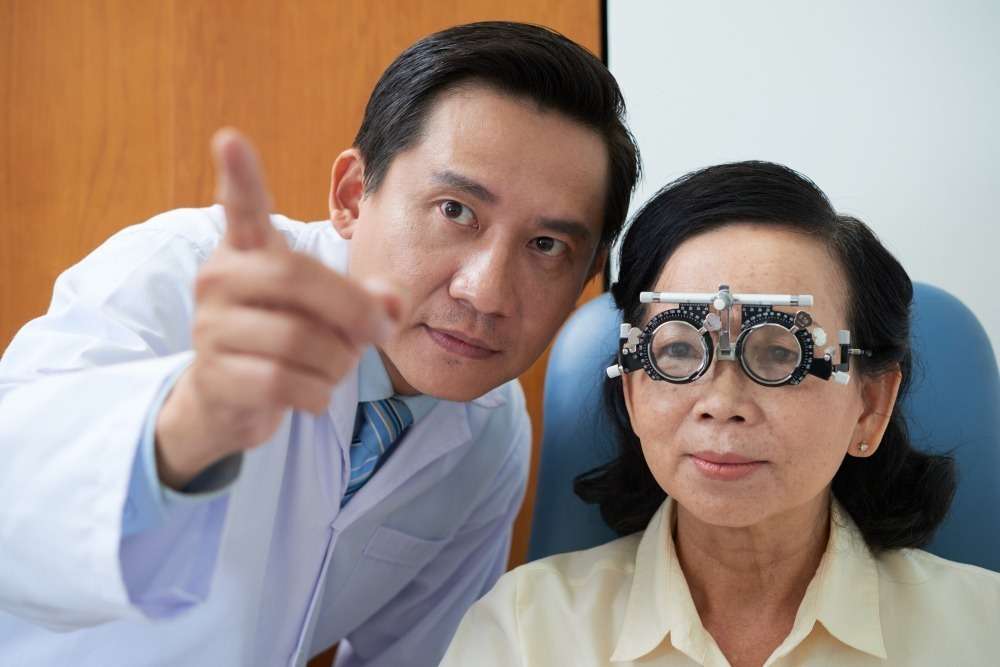Over the years, healthcare has experienced profound changes, transitioning from rudimentary instruments and machinery to sophisticated artificial intelligence (AI) systems. This progression has fundamentally altered how medical professionals diagnose, treat, and oversee patient care, ushering in an era characterized by enhanced efficiency and precision.

The Emergence of Digital Technology
The integration of digital technology signaled a pivotal shift in healthcare. The transition from paper charts to electronic health records (EHRs) facilitated superior organization and easier access to patient information. Advanced imaging techniques, such as MRI and CT scans, offered detailed insights into the human body, leading to more accurate diagnoses. Although these digital innovations improved patient outcomes, they still necessitated significant human involvement.
The Ascendancy of Artificial Intelligence
-
Diagnostics: AI-driven instruments can scrutinize medical images and identify abnormalities with a higher degree of accuracy compared to human physicians. For example, Google’s DeepMind has crafted AI algorithms capable of diagnosing eye conditions by examining retinal scans, often detecting issues earlier and with greater precision than ophthalmologists.
-
Personalized Medicine: AI contributes to customizing treatments for individual patients by analyzing their genetic profiles and health histories. Enterprises like IBM Watson Health utilize AI to interpret genetic data and propose personalized cancer treatment regimens, thereby increasing the probability of successful treatment and minimizing adverse effects.
-
Predictive Analytics: AI can forecast disease outbreaks and patient deterioration by scrutinizing trends and patterns within healthcare data. The BlueDot platform, for instance, employs AI to monitor infectious diseases worldwide and predict outbreaks, offering vital early warnings that can save lives.
-
Robotic Surgery: Surgical robots augmented with AI are transforming the surgical landscape. The da Vinci Surgical System empowers surgeons to execute intricate procedures with heightened precision and control via minimally invasive methods. AI enhances outcomes and shortens recovery times by delivering real-time data and predictive analytics during surgery.
-
Virtual Health Assistants: AI-powered virtual assistants such as Ada and Buoy Health engage with patients through chatbots, offering medical advice, symptom assessment, and appointment scheduling. These assistants help mitigate the strain on healthcare systems by handling routine inquiries and guiding patients to the appropriate care.
-
Drug Discovery: AI expedites the drug discovery process by analyzing extensive datasets to pinpoint potential new medications and predict their effectiveness. Firms like Atomwise leverage AI to swiftly screen millions of compounds, substantially cutting down the time and cost associated with developing new drugs.
-
Administrative Efficiency: AI optimizes administrative tasks including scheduling, billing, and patient record management. Natural language processing (NLP) tools like Nuance’s Dragon Medical One transcribe and organize clinical notes, conserving time and minimizing errors.
Conclusion
The transition from basic tools and machines to advanced AI solutions has revolutionized the healthcare sector. AI provides numerous advantages, ranging from enhanced diagnostics and personalized medicine to predictive analytics and administrative efficiency. As we continue to confront challenges and embrace opportunities, AI holds the potential to transform healthcare into a more efficient, accurate, and patient-focused industry.





